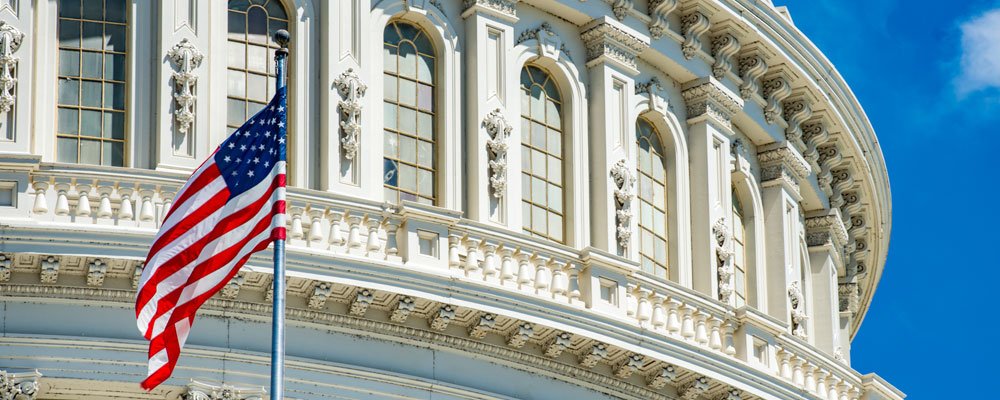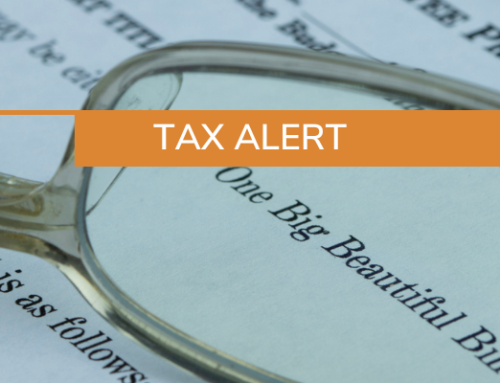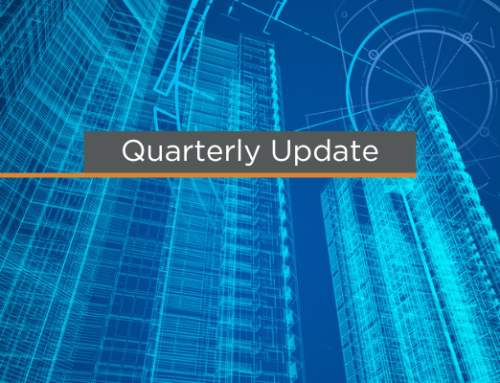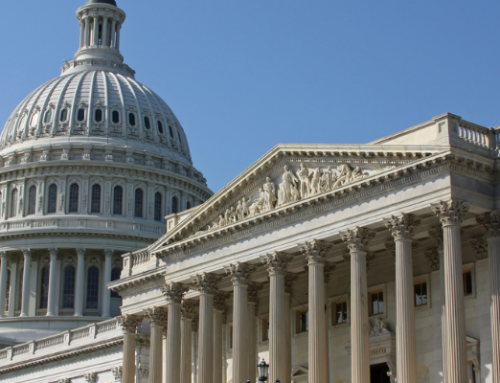Over the past six months, we have seen nearly $2.7 trillion in combined COVID-19 relief funding from Congress via the Families First, CARES, and PPP and Health Care Enhancement Act; however, many significant items remain unaddressed.
The Senate returned from recess yesterday, September 8, and the House is scheduled to return next week on September 14. With Congress back in Washington, Americans are turning to their elected officials to help with some of our most pressing issues, including a slowing economic recovery, over 13 million workers who remain unemployed, and the uncertainty that cooling temperatures and flu season bring.
The two parties don’t seem to be on a path to any meaningful deals at the moment, but things can change quickly in the Capitol. Here is a list of things we’re watching and are hoping will be addressed:
Phase 4 Legislation
In mid-August, it almost seemed as though a deal was imminent before everything fell apart. The Democrats are still backing the $3.3 trillion HEROES Act they passed in May. Meanwhile, Republican Senate Majority Leader, Mitch McConnell, ditched his late-July $1 trillion HEALS Act proposal in favor of a new $500 billion “Skinny” bill; a bill which may be voted on by the Senate as early as this week (whether it has 51 of the potential 53 Republican votes to pass is still in question).
At issue between the parties is a top-line number. Last week, Speaker of the House, Nancy Pelosi, agreed to limit the top-line to $2.2 trillion; however, Republicans say they won’t touch a bill that starts with “a 2”. Part of this number includes the Democrats’ priority of state funding to cover budget deficits, something Republicans oppose. Also at issue is the Republicans’ desire for liability protection for employers, something Democrats say is a non-starter. Lastly, Republicans want to pass a small bill or series of small bills for just those items the parties agree on. Democrats insist this tactic fails to consider the vast need felt by the American people and economy.
For a summary of HEROES v. HEALS (Democrat v. Republican) priorities click here.
Government Shutdown
Complicating matters is the fact that government funding runs out at midnight on September 30, 2020. It has been reported that both Speaker of the House, Nancy Pelosi, and Treasury Secretary, Steve Mnuchin, have agreed to a “clean” funding bill to keep the government open; however, disagreement remains on the amount of time the Continuing Resolution should cover and no legislation has been drafted yet.
Executive Order on Payroll Deferral
When Phase 4 legislation failed to come together in August, President Trump responded by issuing four Presidential Memorandums, one of which gave employers the option of deferring employee Social Security payroll taxes (typically 6.2% of wages) for the last four months of 2020.
We discussed the issues with this program, including the fact that these taxes are deferred – not cut, the payback period for deferred taxes, employer discretion in application, and potential forgiveness in this piece.
The program has essentially turned into a political game of chicken. Employees who have payroll taxes deferred will certainly be unhappy when 2021 rolls around and they must pay double the social security taxes for the first four months to repay the loan. And – the Federal government just turned up the heat as they announced DFAS, the DoD agency that is responsible for all payments to military service members, employees, and contractors, will participate in the deferral program.
Our hope is that Congress will address potential forgiveness before the year is out so employers and employees can plan accordingly.
PPP Program Issues
The PPP Program was the milestone of the CARES Act and a major focus for many of our clients. As we have passed the application phase, are largely done with or wrapping up spending funds, and look to forgiveness applications, we have a few important issues that remain outstanding:
- Are PPP Funds Taxable? The CARES Act addressed this by saying no – PPP funds are not taxable. However, the IRS came out shortly after with a Notice invoking IRC Section 265. What does that mean? The IRS believes that if the PPP funds are not taxable, all the deductions associated with earning that money (the payroll, rent, etc. for which you apply for forgiveness) are not deductible. That has the same basic effect as making the funds taxable. This issue is further complicated by the long lag time between submitting an application for forgiveness and actually receiving forgiveness from the SBA – funds received in 2020 are unlikely to be forgiven before 2021. The easiest way to overcome this IRS position is for Congress to pass legislation making an exception to this scenario. US Senate Bill 3612 addresses this and has 34 co-sponsors – 26 Republicans and 8 Democrats; however, the bill hasn’t moved forward since May. We are hoping this will be addressed before the end of the year.
- Automatic Forgiveness of Some PPP Loans – There has been past discussion, and a US Senate Bill proposed, that would allow all PPP borrowers with loans of $150,000 or less to receive automatic forgiveness. There hasn’t been much action on the bill since it was introduced in late July, but there has been some significant negative press in the last several weeks surrounding identified and suspected PPP fraud, which makes this bill less likely to pass.
- Repurposing of Remaining $130B – The PPP program closed in August with over $130 billion in unclaimed funds. Congress must decide if and how to re-appropriate these funds.
Extension of Airline Bailouts
Airlines are sounding the alarm that they will not be able to maintain payroll after federal funding and employment mandates expire on September 30. US airlines, experiencing significant reductions in passenger volumes and revenues, have estimated at least 75,000 employees will lose their job without additional resources.
Extension of Families First
The Families First Coronavirus Response Act (“FFCRA”), or “Phase 2” legislation, aimed to keep both employees and employers whole by offering employees paid time off for certain COVID-19 related situations and full, timely reimbursement to employers. FFCRA offered two weeks of Emergency Sick Leave and Emergency Family Medical Leave Act Expansion and an additional 10 weeks (at 2/3 pay) for employees who are unable to work because of an interruption in school or child care. As it becomes clear that interruptions in work and life due to COVID will continue into 2021, we are looking to Congress for a possible extension of the FFCRA program into next year.





